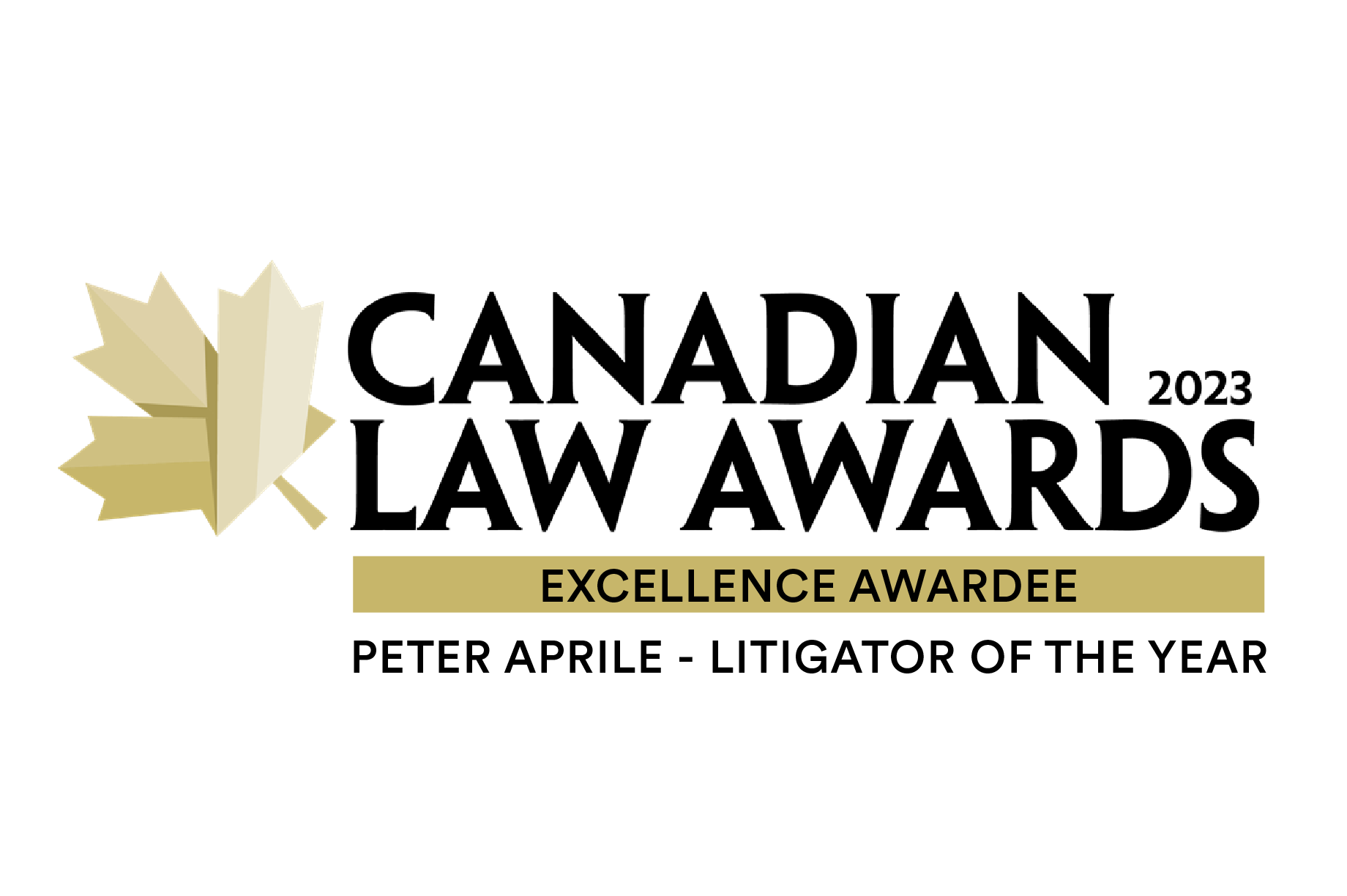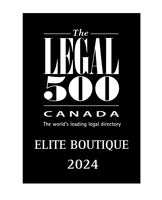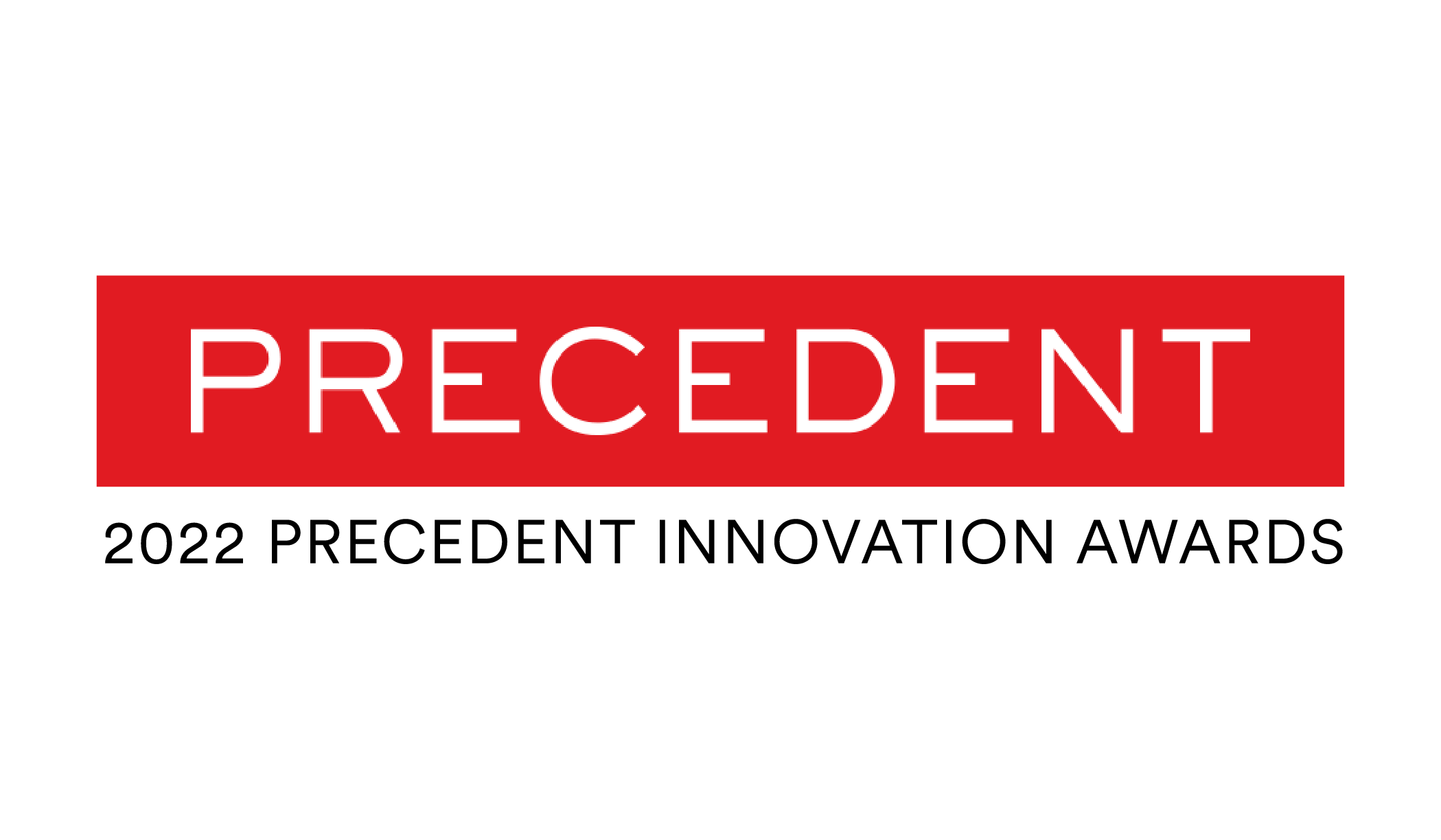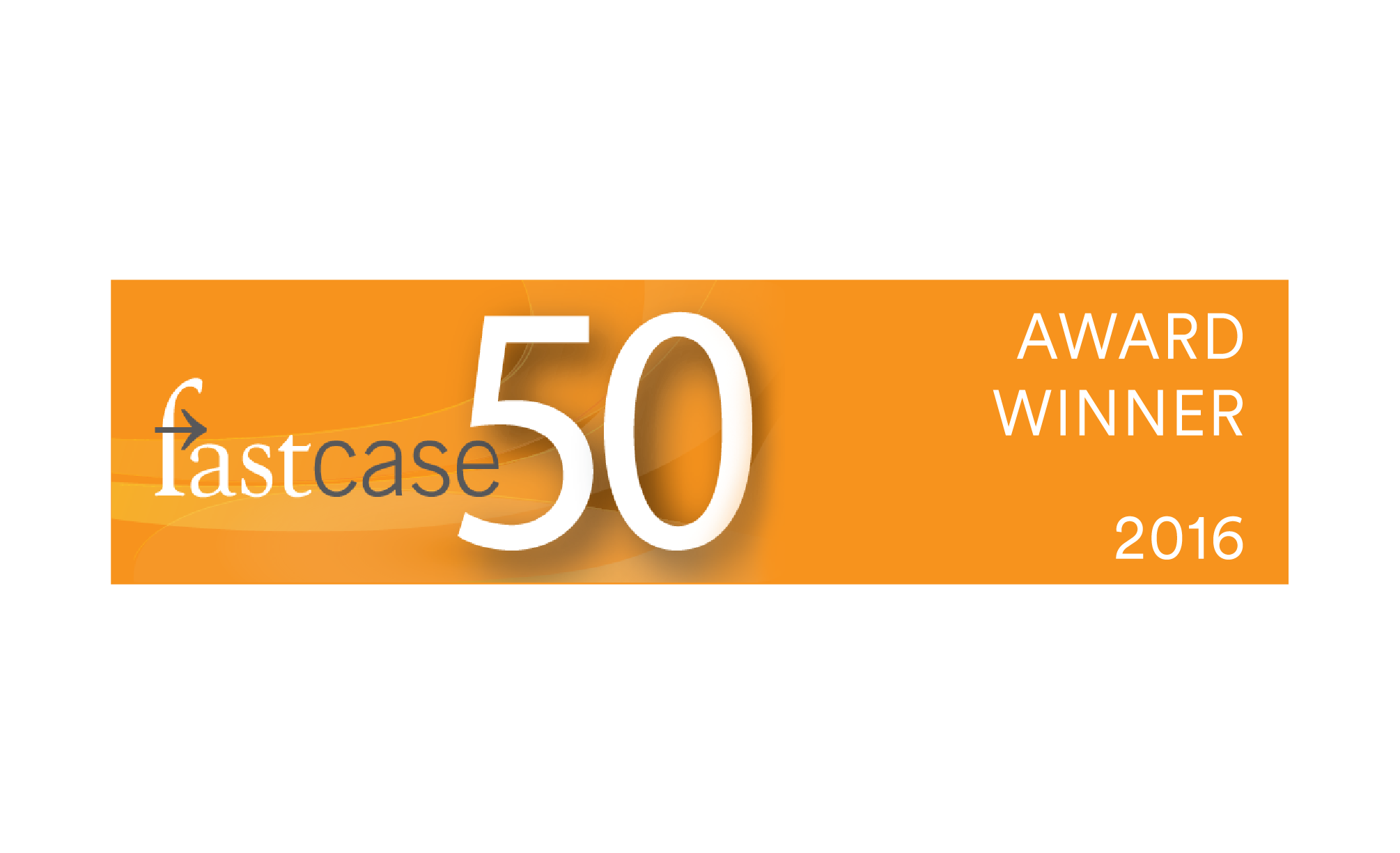
Advocate Daily originally published “New CRA tools may mean more tax haven proceedings” in December 2013.
Although the Canada Revenue Agency has reportedly struggled to deal with the number of cases involving offshore tax havens, recent moves to expand the CRA’s toolkit will likely result in more proceedings in future, says Toronto tax litigation lawyer Peter Aprile.
A recent Auditor General report, which looked specifically at how the CRA handled a list it received in 2007 containing information on Canadians with accounts at a Liechtenstein bank, also noted that the CRA is “not prepared for the growing workload in this area,” according to the Financial Post.
Aprile, principal of Counter Tax Lawyers, says he is not surprised by the Auditor General’s findings. Specifically, he notes, the report’s breakdown of the reassessments completed in the Liechtenstein cases show that threats of criminal prosecution did not result in sanctions.
“The CRA faces a high burden of proof in tax evasion cases. In civil tax cases, the CRA has fewer barriers to issue reassessments that impose tax and civil penalties. It appears that the CRA’s difficulty in imposing criminal sanctions, the complexity of some of these structures, and the CRA’s unpreparedness in dealing with these issues led to fewer penalties and no criminal prosecutions in the recent tax haven cases.”
However, says Aprile, this may be changing. In 2013, the CRA has expanded its powers to pursue cases involving taxpayers with unreported foreign income, including new treaty and budget measures as well as internal processes. The CRA has also received $30 million in additional funding, he explains.
“With the expansion of this toolkit, the CRA will increase its efforts to uncover unreported foreign income,” he explains.
“I believe that the number of these matters, both on the criminal side as well as on the civil side, is going to increase,” he adds.
For taxpayers with unreported foreign income, says Aprile, the question becomes, “is their risk tolerance such that they want to take a ‘wait-and-see’ approach to the government finding unreported foreign income, imposing gross negligence penalties and possibly prosecuting for tax evasion, or do they want to take a more proactive measure, with the understanding that the government has powers now that it has never had before and put forward a voluntary disclosure to limit the possibility of criminal prosecution, gross negligence penalties and the reduction in interest.”
At the moment, he says, more and more taxpayers are opting for a proactive approach through the CRA’s Voluntary Disclosures Program.
“The benefit of the Voluntary Disclosures Program in these cases is clear. A voluntary disclosure can protect these taxpayers from the imposition of gross negligence penalties and criminal prosecution,” he explains.
“That’s a really powerful mechanism for taxpayers that have unreported foreign income to use if and when these taxpayers appreciate the impact of the CRA’s increased abilities.”













.png?width=400&height=400&name=CT-How_Can_We_Help-22_july_NewGraphic_b(small).png)
.png?width=1386&height=1224&name=2025%20Legal500%20Elite%20Boutique%20Award%20(Badge).png)
.png?width=1386&height=1224&name=ITR%20Finalist%20Practice%20Leader%20of%20Year%20Peter%20Aprile%202024%20(Badge).png)

.png?width=1386&height=1224&name=2025%20Legal500%20Leading%20Firm%20Client%20Satisfaction%20Award%20(Badge).png)



.png?width=1386&height=1224&name=ITR%20Tax%20Innovator%20Finalist%202024%20Award%20(Badge).png)




